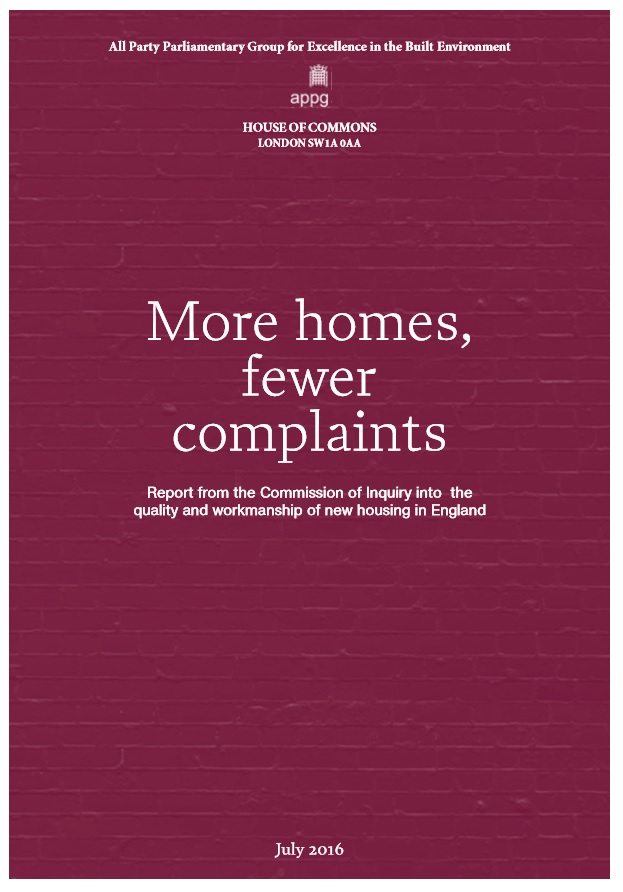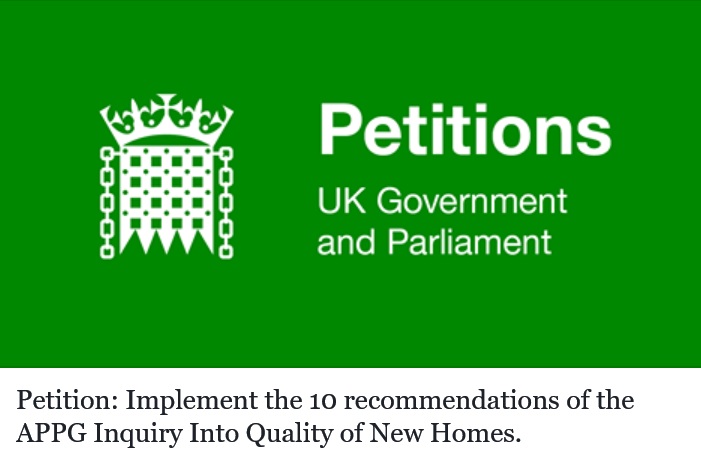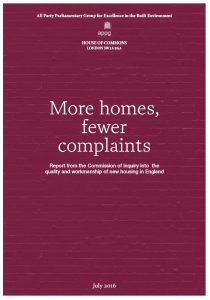HBF Customer Satisfaction Survey Results 2017
HBF survey results 2017. After a long and unexplained delay, the Home Builders Federation (HBF), with an income of over £3million (2015), mostly funded by its member housebuilders, finally published its annual New Homes Customer Satisfaction Survey Results and house builder star ratings for 2017 late yesterday. Unlike the rest of us, housebuilders have known their scores throughout the year in real time, thanks to the NHBC online portal providing monthly updates on just how their customers are rating them.
 So why the delay HBF? What possible reason could there have been for requiring a total of 12 weeks, two more than in 2016, since the last customer responses for the HBF survey year to 30 September 2016, were received on the 14 January 2017 cut off? By strange coincidence, it was the same day that Article 50 was triggered, making it unlikely the poor survey results would get any media attention with all the Article 50 coverage.
So why the delay HBF? What possible reason could there have been for requiring a total of 12 weeks, two more than in 2016, since the last customer responses for the HBF survey year to 30 September 2016, were received on the 14 January 2017 cut off? By strange coincidence, it was the same day that Article 50 was triggered, making it unlikely the poor survey results would get any media attention with all the Article 50 coverage.
Did the HBF decide it was a good day to bury their bad news?
Perhaps calculations were being done to effect an overall more favourable impression of customer satisfaction with new homes. Perhaps there were discussions about including late, more favourable surveys and ruling out unfavourable responses on the grounds of invalidity? Perhaps the PR spin was more difficult to write this year? Who knows? Certainly not me. Even though the HBF Chief Executive Stewart Baseley stated on national radio just last month that he is “a great believer in transparency”, the HBF survey remains a mystery to all but those involved in its carefully scripted questions and the statistical “methodology set out by the NHBC themselves” used in the analysis and validation of the survey by the University of Reading’s Statistical Service Centre.














